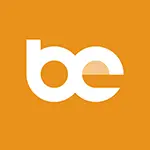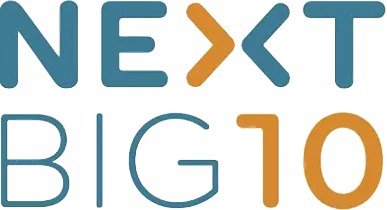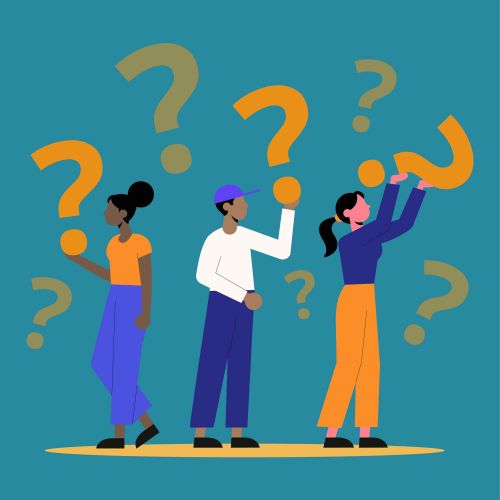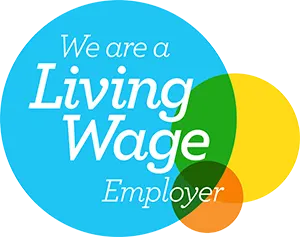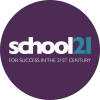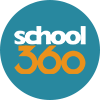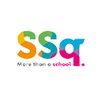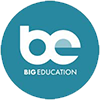At King Alfred School, North London, our curriculum is not totally constrained by boundaries between school subjects. Our school was founded in 1898 with a curriculum that explored important concepts through a combination of academic subjects. These days many school curricula, such as the International Baccalaureate, and university degrees, such as Liberal Arts, recognise the need for a balance between the depth of single-subject learning and the breadth and creativity of multi-subject learning.
A third of the week in Years 6-8 involves the completion of ‘Explorations’, extended projects that are led by teams of teachers from mixed subjects, who meet each week to plan. At times classes are combined to allow team-teaching; at other times classes rotate between different subject teachers.
Connecting skills and knowledge
Most of the Explorations encourage the application of skills from one or more school subjects to the content of another. This term our Year 7 students are completing an Exploration about enslavement, freedom and redemption. At the end of the unit, each pupil will present a model of a new monument to commemorate the end of the slave trade. With a History teacher they will study different historians’ perceptions of what brought this about. With an Art teacher they will explore how objects can be used to convey messages and emotions and to tell stories. With an English teacher they will analyse poetry and song, and write their own poetry to incorporate into their monument. Their final presentation will be assessed on their historical understanding, the creative thinking behind their monument and the communication skills evidenced in their speech. In this way skills from English and Art are being applied to the more knowledge-based History content.
Connecting disciplines
Some of our Explorations tackle global issues through more than one academic subject. This term’s Year 8 Exploration looks at climate change through a scientific and geographical approach, resulting in a role-played conference about the Brazilian rainforest. In order to participate effectively the conference ‘delegates’ will be supported by an English teacher and a Maths teacher to present their arguments and data effectively. In the real world, our planet will need a combination of subject-specific experts, broader thinkers and communicators to join up our thinking to solve such an issue.
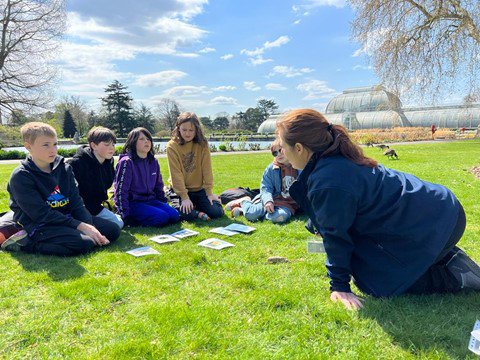
Learner agency
Some of our Explorations lead towards a choice of outcome and thus an increased level of learner agency. Last term our Year 7 students completed an Exploration about the ethics of spending so much money on space exploration. A Science teacher helped them to do research about the benefits of space exploration to our lives here on Earth. A Maths teacher helped them to calculate which planets might be the most suitable for us to colonise in the future. The students then chose from a menu of possible responses, including Ted Talks, a formal debate, a TV news item and an editorial article. Some students made their own proposal; one student wrote an excellent children’s story that creatively presented some complex ideas about the potential colonisation of another planet. In the final weeks of this project the levels of independence, motivation and collaboration were very impressive.
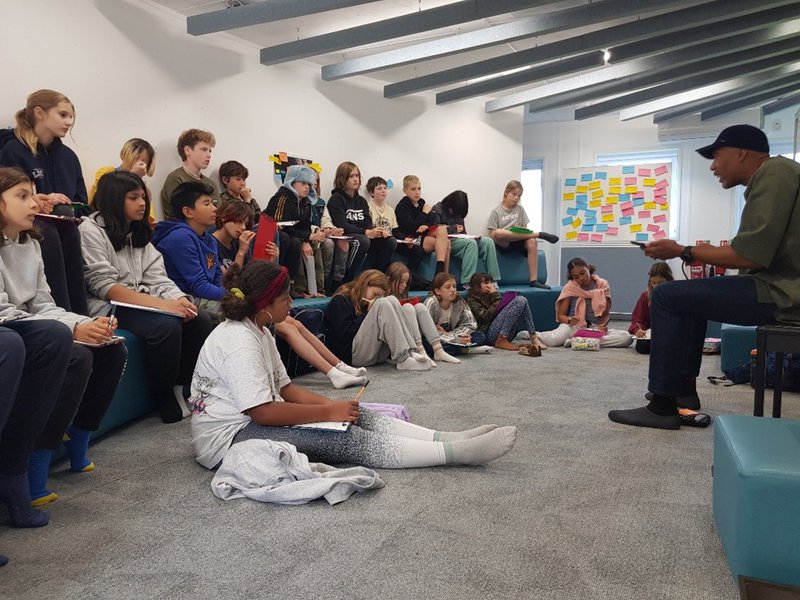
Investing time and resources
These Explorations projects are not easy to get right and we are constantly scrutinising and tweaking the programme. There is a tremendous amount of planning involved, and the school needs to invest in time, training and resources. It also requires a great amount of flexibility, open-mindedness and reflective practice. Where students are given greater freedom, academic support and assessment needs even tighter planning. Communication with various department heads is crucial to ensure that key content is included. Communication with parents is also crucial to ensure trust and a shared understanding.
Is it all worth it? Absolutely. This part of the curriculum challenges children and lets them blossom in ways they would not do if always restricted to single-subject lessons. They learn to be responsible for their own learning, to be creative and reflective. They learn to apply transferable skills. They learn to explore important ideas from different perspectives. Perhaps some students were always able to do this, but we are making it explicit so that all pupils can develop the ability to make connections between areas of learning that are often overly-compartmentalised. To quote a recently-spotted advert for the London Inter-Disciplinary School, ‘the dots will not join themselves’.
To read more about King Alfred School, please visit their Next Big 10 school page
